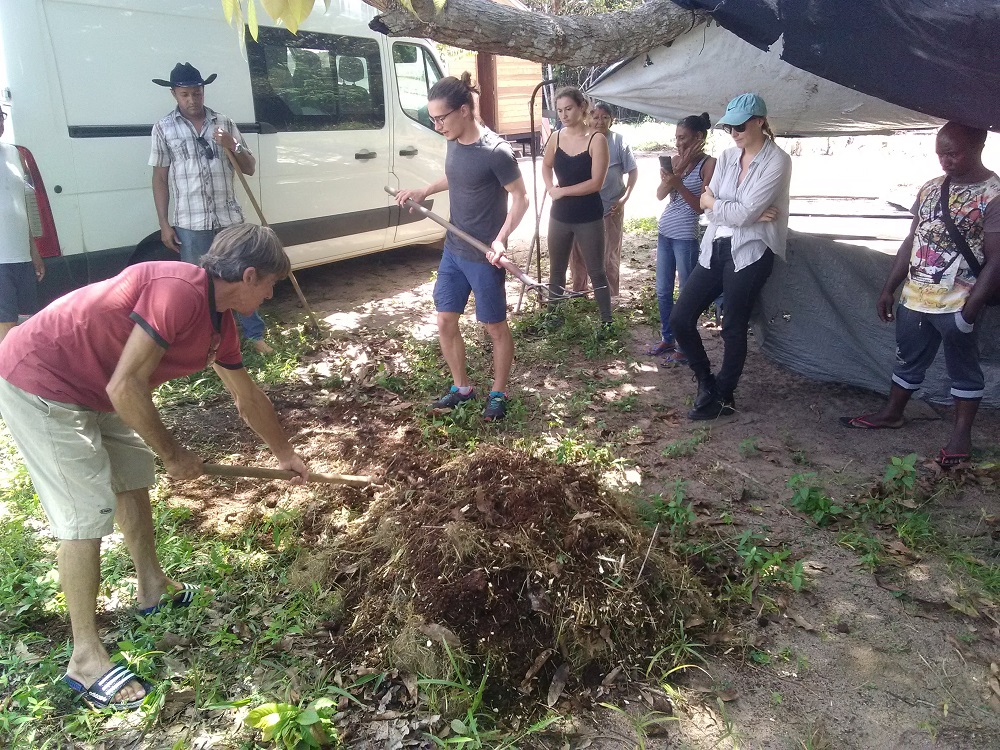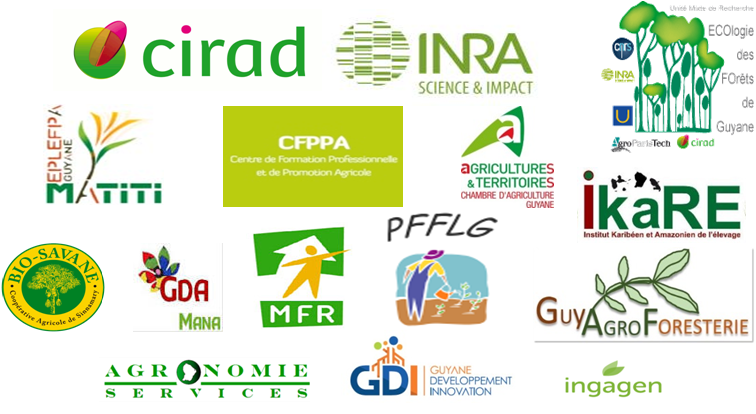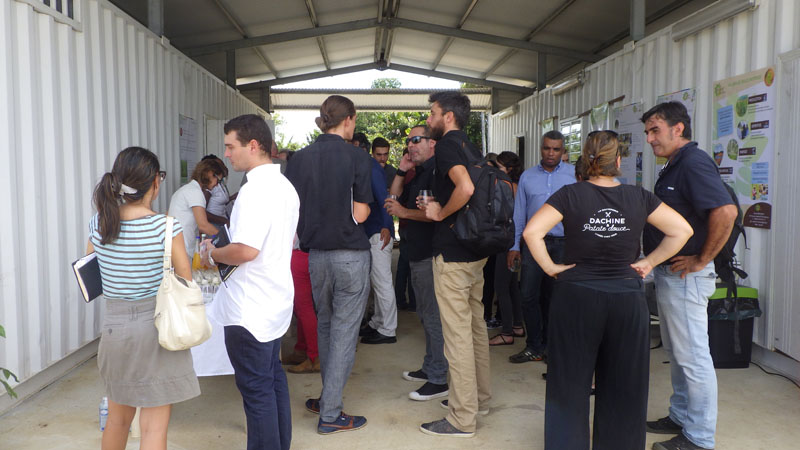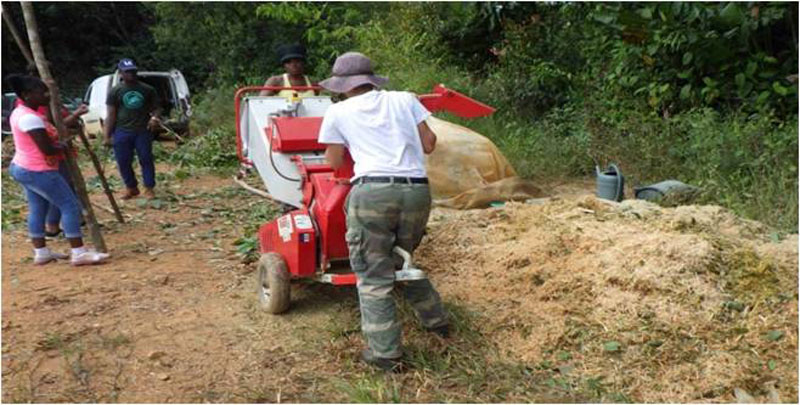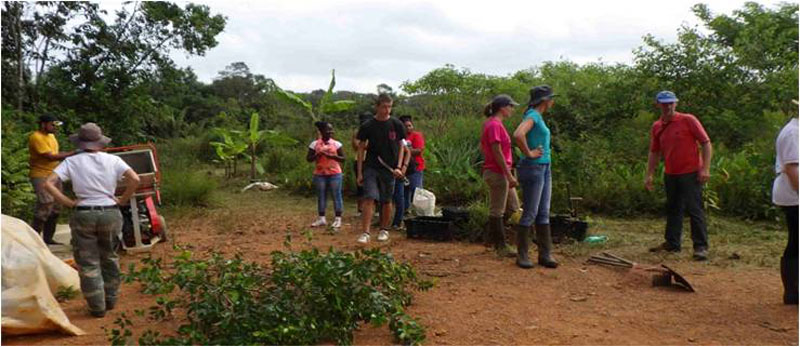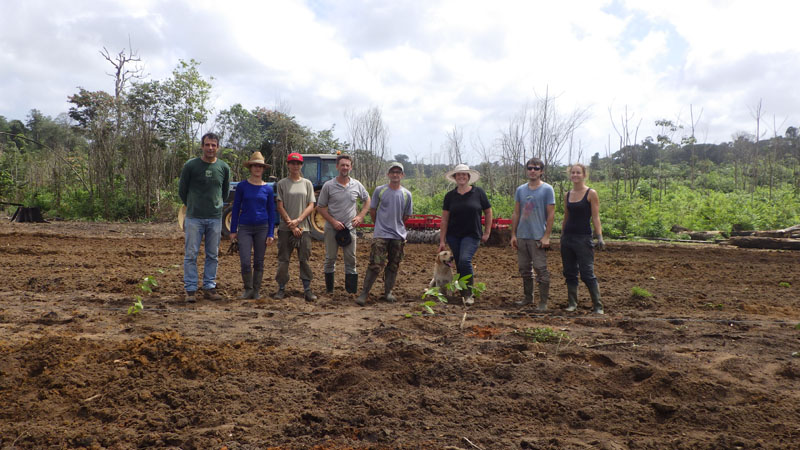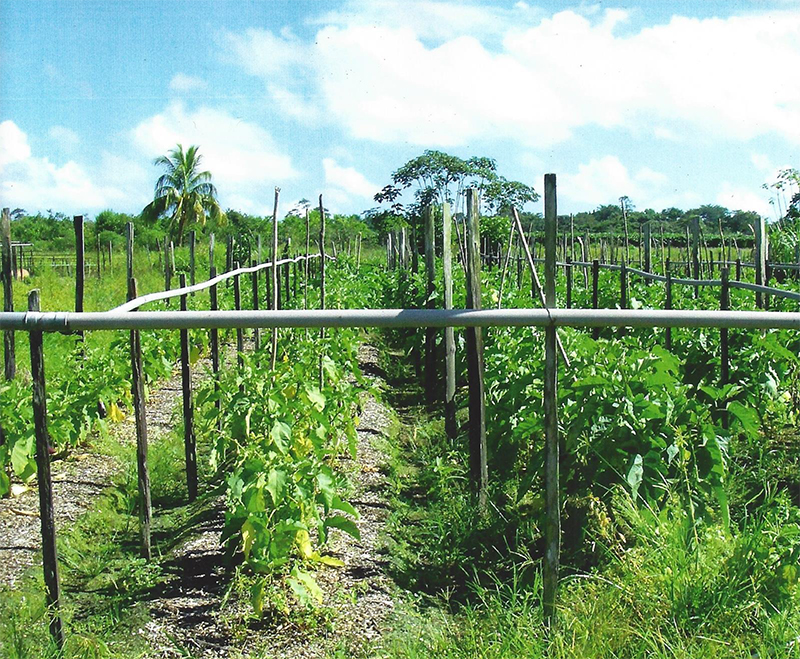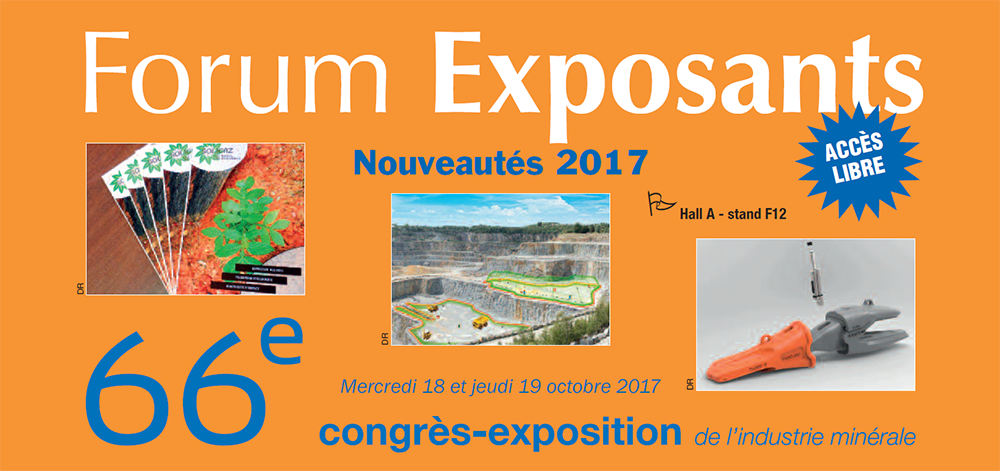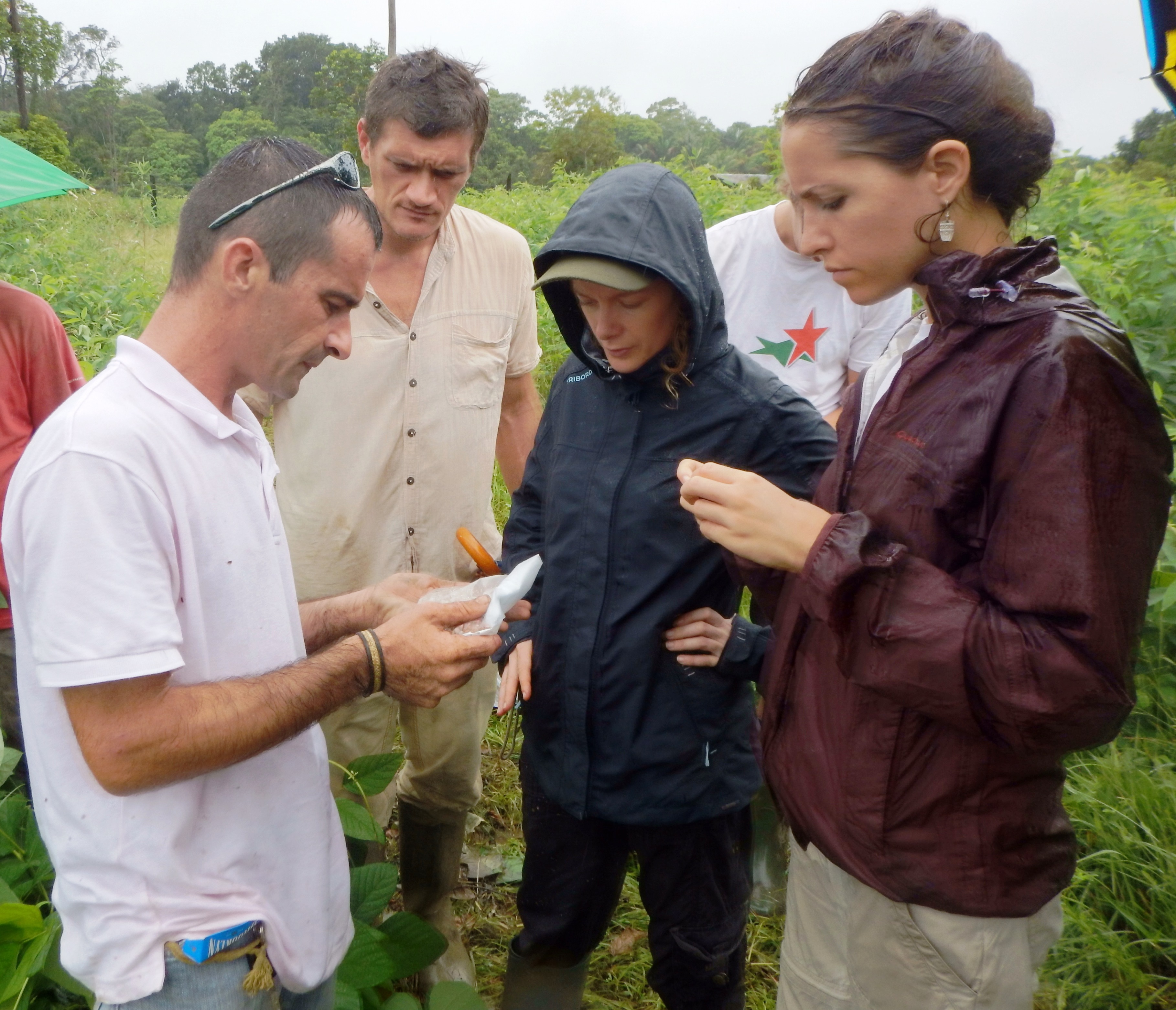
European Agri Innovation Summit – Lisieux 25-26 June 2019
On the 25 and 26 of June 2019, the second Agri Innovation summit, co-organized by the French Ministry of Agriculture and Food (with the national rural network), the Normandie Region, the European Commission and the European network PEI- AGRI, was held in France, in Lisieux.
Dedicated to the innovation for agriculture, forestry and especially to the European Partnership contribution for the Innovation to a Productive and Sustainable Agriculture (PEI-AGRI) concerning the agro-ecological transition, the summit brought together more than 400 participants, including more than 150 actors from all over Europe: farmers, foresters, rural development actors, researchers, advisers, teachers, co-operatives, companies, associations, decision-makers … 120 innovative projects and networks were presented into workshops or “Market place” and 8 visits of Normands projects were organized.
Solicaz, RITA’s GUYAFER project leader, was invited to present his project throught a poster of “Soil: fertility, biological life and fighting against erosion” work session. This workshop theme highlighted the fact that, after years of considering the soils only as inert substrates where its loss of fertility was offset by adding chemical inputs, the quality and health of soils and their fundamental role for the ecosystem became the center of agricultural and forestry concerns. The aim is to stop the erosion, to strengthen and maintain soil fertility and its biological life through the supply of organic matter, soil preparation and cultures diversification – including the introduction of legumes and intermediate cultures to improve the symbiosis between plants and micro-organisms, to fight against pollution and climate change (A better water and molecules retention, carbon storage).
Solicaz also has:
– attended various roundtables in plenary sessions about the transition to agro-ecology.
– participated to the crop nutrition workshop.
– attended a field visit on the GIEE Biodiversity to promote the biodiversity in agriculture (concept of ecosystem services).
